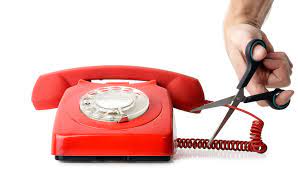Nuance Audio is a new option for people who resist traditional aids, from the company that makes Ray-Bans and operates LensCrafters.
Seekers of Meaning Podcast Posted Online March 7, 2025
What's Next Longevity Deal Talk Episode 32, January, 2025
Presentation: What's Next Longevity Venture Summit, June, 2025
WAWABILITY 2025, Washington DC, July, 2025

 AARP fielded a survey that is worth a look. The topic was
AARP fielded a survey that is worth a look. The topic was  back for some. You probably think the inevitability of tech change is mostly positive. And in a macro sense, maybe it is. But for some older adults, it’s one negative experience after another. The
back for some. You probably think the inevitability of tech change is mostly positive. And in a macro sense, maybe it is. But for some older adults, it’s one negative experience after another. The  You may not have noticed much about the death of landlines.
You may not have noticed much about the death of landlines.  Long ago 'aging in place' terminology emerged with a different meaning. Forgotten now, it was briefly in Wikipedia to define the benefit of a
Long ago 'aging in place' terminology emerged with a different meaning. Forgotten now, it was briefly in Wikipedia to define the benefit of a  Parks Associates' update this week is illuminating. In offering up a
Parks Associates' update this week is illuminating. In offering up a  2023 begins with so many announcements, so little time. The first big event, CES 2023, brought multiple startups and stalwarts to Las Vegas. Ironically, it was not the big tech news of the month – eclipsed by an OpenAI introduction that had appeared in November, but was suddenly noticed
2023 begins with so many announcements, so little time. The first big event, CES 2023, brought multiple startups and stalwarts to Las Vegas. Ironically, it was not the big tech news of the month – eclipsed by an OpenAI introduction that had appeared in November, but was suddenly noticed